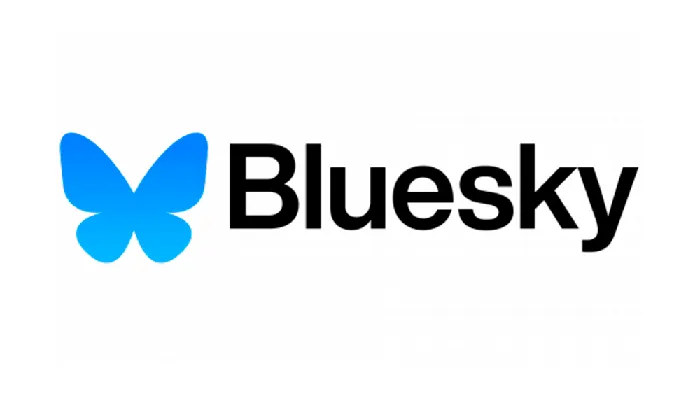As Bluesky continues to activate new servers, and employ more staff, in order to cope with the sudden rise in interest in its Twitter-alternative offering, it’s also now facing a range of regulatory and systematic challenges, which befall all social media platforms of a certain scale.
And while Bluesky is seeking to offer an alternative approach to social media interaction, which will eventually give users more control over moderation rules and parameters, at least for now, it’ll still have to abide by the same rules as everybody else. Which could pose significant challenges for the fledgling app.
For example, last week, Platformer reported that Bluesky has decided to quadruple the size of its moderation team, going from 25 contract staff at present, to 100.
That’s a significant increase in expenses for the company, which currently only has 45 staff in total, and yet, it would also still mean that it’s still well behind every other major social app in regards to the ratio of users to moderators. For comparison, X currently has the worst user to moderator rate (based on EU reporting), at 1 moderator for every 60k users. Bluesky, at 100 moderators, and 20 million users, would be 1/200k.
That’s not ideal, and likely not workable as the app continues to grow, and the variance here highlights just one of the key challenges that Bluesky will now face as it seeks to scale up to compete with the larger, more established players in the space.
Bluesky is also now facing scrutiny in Europe, and will be forced to abide by the EU’s more stringent rules around data collection and usage, which it’s vowed to do, but will also require more development time, and labor costs. The platform is also looking to implement new rules around impersonation, which will also require monitoring and assessment.
And all of this takes money, which could become problematic, given its current funding state.
Back in October, Bluesky announced a $15 million Series A fundraising, building on its initial $8 million in seed funding that it announced in July 2023. The project was originally funded by Twitter, under Jack Dorsey, but as it’s now on its own, it’s reliant on these funding rounds to build the business, and maximize its opportunities.
But given its increasing requirements, that funding won’t last long, and Bluesky will have to come up with alternative means to monetize and grow, especially if it wants to stick with its originally intended plan to avoid ads.
Bluesky has already floated several ideas on this front, from taking a percentage of domain registrations (for your Bluesky handle) to a subscription offering for add-on features. It could also look to take in some revenue from a “voluntary monetization path” for creators, which it’s also exploring.
But it’s going to be difficult for Bluesky to facilitate these without significant funding, which it will likely be able to secure in its early phase, but may not be able to sustain without a clear pathway to monetization.
This will be a key challenge for the app, and it’s difficult to see how it’ll avoid offering ads if it wants to maintain competition with other apps. Meta, for example, could pour billions into Threads without much concern, and while X is currently struggling as a business, Elon Musk will likely be able to secure alternative funding to keep his social platform afloat.
Bluesky is not in the same league in this respect. There will be investor interest, there will be ways for Bluesky to capitalize on the current interest in the app. But it’ll be interesting to see how keen investors are to fork over more cash for a venture that has no definitive path to monetization.
Yet.
Will people pay to use Bluesky, giving it a direct funding model to maintain its servers? Will people pay to subscribe to creators in an app that may or may not be able to exist, long-term?
It’s another interesting consideration in the rise of the Twitter alternative app, which poses more challenges for its pathway to becoming a real player in the social media space.














